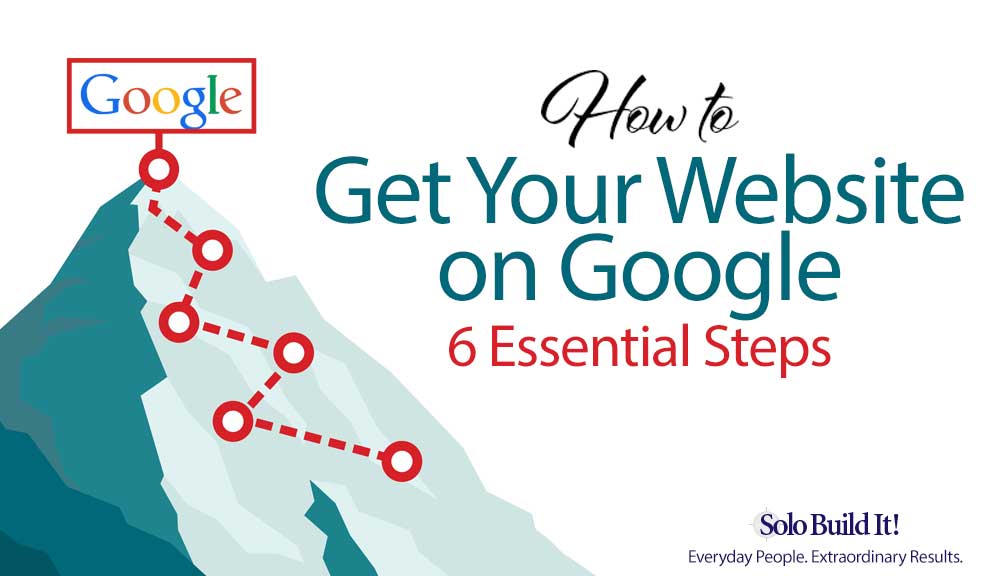
Before giving you a simple step-by-step guide on how to get your website on Google, let’s take a step back and really think about the “why” and the “what.”
Here’s a story to illustrate the importance of thinking things through before we get to the nitty-gritty of being a successful solopreneur and reaching the dizzying heights of page one Google rankings.
WHAT Do You Want to Put on the First Page of Google? And WHY?
When I first started out, trying to find information on creating websites and making money from them, I went to a very expensive weekend course, held in a posh hotel in Sydney, Australia. The presenters were really upbeat young people who seemed to be riding a wave of success.
The first thing they demonstrated was how to get your website on Google page 1, which they did with great fanfare within 24 hours.
But what I realized, even then, was that they did it with a completely unknown keyword for which no one would be searching. It was their brand name, and the only people looking for that would be people who already knew about it.
I knew, because I was at their course. But how did I find out about the course? They had paid a lot of money on advertising to reach me!
Anyone can get onto the first page of Google with their own name or a made-up brand name — like “Gobbledegook Fantastic Products” — but that doesn’t mean you’ll get any free traffic. Even I could see that, right at the beginning of my journey. Sadly, the rest of the audience was happily signing away tens of thousands of dollars to join that training course.
I was the lucky one in that room. For one thing, I didn’t have that kind of money. I walked away that day and carried on researching.
What I found led me to Solo Build It! (SBI!). I became a successful solopreneur with lots of pages on the first page of Google’s results — and the other search engines — for great keywords people were actually searching for in my niche.
SBI! taught me everything I know, with no hype and no fleecing me of thousands of dollars before I could even start.
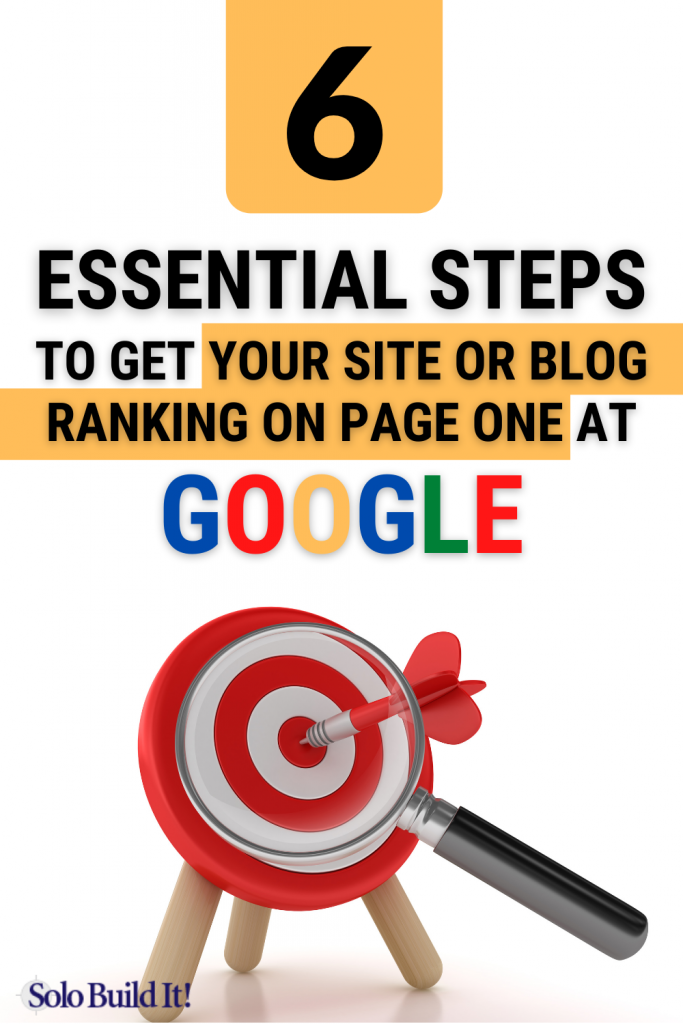
How To Get Your Website on Page 1 at Google – Questions to Ask
First, ask yourself what you’re trying to achieve.
The most important questions to start with are:
✅ Who is your target audience?
✅ What are they looking for?
✅ How can you reach them and deliver what they seek?
✅ How do you persuade them to take the action you desire?
6 Essential Steps to Follow when Learning How to Get Your Website on Google
1. Pre-sell Your Audience With Content
Why, you may ask, would you want to spend your precious time writing articles or creating videos when all you want to do is sell your product? Read on to learn why content is king when aiming for high rankings for your website.
First of all, unless you have a totally unique product (and that’s a great idea by the way), chances are there are lots of other people trying to sell the same or similar products.
One way you can get your share of the market is to pay more than everyone else for advertising and/or offer the product cheaper than anyone else. But there’s not much profit in either. Sooner or later everyone will be competing for smaller and smaller returns.
Here’s another story, one that demonstrates an effective and profitable way of running a store:
I had an online store for a few years, a nice little side earner to my main content website. I was selling contemporary designer jewelry and had lots of competition, including the designers themselves. Most of the retailers were paying for advertising, but I made plenty of sales without paying a dime for ads.
How did I do it?
I wrote a really informative, keyword-focused article about each piece of jewelry, the designers, and their history, then published it on my website. No one else at the time had thought to put that information on the internet, and the buyers were keen to find out more about the quirky designs they were buying.

I got lots of free traffic to my articles from those customers wanting more information. They got to know my store and I was given the opportunity to build up trust with them.
Eventually, they became repeat customers, allowing me to communicate via social media (more on that below) and email. Over time, I grew tired of packing parcels myself and closed the store.
That page still makes an income for me. How? I replaced the links to my store with affiliate links to other people selling those same and other products.
2. Do Your Keyword Research When Learning How To Get Your Website On Google
Content is a powerful tool to reach your potential customer and get your website on Google. But, let’s face it, you’re not going to show up on the first page of Google for the name of a product unless you shell out big bucks.
 Here’s where keyword research comes in. You need to find out what information your customers are seeking and, as much as possible, why they’re seeking it.
Here’s where keyword research comes in. You need to find out what information your customers are seeking and, as much as possible, why they’re seeking it.
Here’s an example:
The other day I bought a camera. First, I wanted some information about that camera. Did it have the macro lens I wanted? What updates did it have that the last one I broke didn’t?
To be honest, I was quite disappointed with how hard it was to find the information. Most sites had just cut and pasted the blurb from the manufacturer’s website. How I would have loved to read a really good review of the camera and see some examples of photos that had been taken with the macro lens!
Who do you think I would have preferred to buy from? A big box retailer knowing nothing about the camera, or an expert who wrote an excellent product review and really cared?
These days, the small camera shop with an expert owner is a rarity. Yet that’s what you can reproduce online for your products — with the right content. Good customer service is always appreciated, online or off, and you can provide that service with high quality content that Google also loves.
A great keyword tool can help you find out what your customers want to know. It should also give you a good idea of the competition for that keyword, so you can provide the info that few others have offered. That’s how you’ll get a free ranking for that keyword in Google search results.
3. Plan Your Blog Post or Web Page
Google loves high-quality, original content. That’s what it thrives on, and what keeps it successful. If we can over-deliver that great information, it’s a win – win for everyone.
Your site ranks higher, Google is happy that it has quality information to display, and your visitors will be delighted to find the information they wanted.
Before you write your article or present your video, check out the competition. The easiest and best way to make your site appear first on Google is simply to make your content better than the other pages out there.
Write a fantastic, appealing title and description too. That’s what people will see first. If your text in your search result is boring, you won’t get the click even if you’re at the number one position on Google.
Struggling with writing good headlines or titles? Check out this article: Get the Click All the Time: 7 Tips to Fix Your Headlines Today
Although no one knows exactly what Google’s ranking factors are, original quality content is up near the top, along with time on page (which is easy to achieve if you’ve over-delivered a lot of interesting info about your topic).
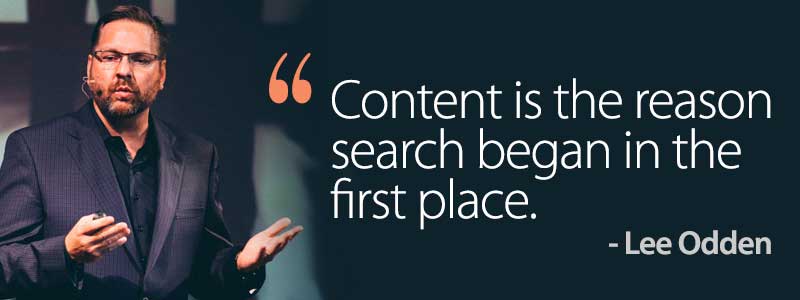
Forget all the search engine optimization “professionals” who offer to get your content ranking on page one but often struggle to deliver on those promises. Google is bright enough to spot high quality content from real experts these days, so it pays to put in the effort to create that excellent blog post or web page.
4. Share on Social Media
I promised I’d mention social media, as it’s also important in ranking well on Google. After all, some folks seem to do pretty well without a website, just using social media channels such as Instagram or Facebook.
However, if you have a website as well, it makes your successful online business look even more professional. Social media platforms then become useful to get the word out about your site.
- Sharing your new content via social media sites sends great signals to Google right off the bat about how much people like your post. This helps boost its ranking.
- Building a strong social media following means you don’t even have to rely totally on being listed first on Google, because you’ve built another source of traffic.
- Social media is a great way of bringing people back to your site over and over again. Repeat visitors are not only good for your business. They’re a good ranking (popularity) signal for Google.

5. Make Sure It’s Mobile-Friendly
These days it’s so important to be up with all the technical stuff to do with your website. Google sees these sorts of things too.
 A website needs to provide a good user experience. Issues like broken links, poor navigation, no alt text for images, and bad descriptions will definitely prevent your website from reaching the heights of page one status.
A website needs to provide a good user experience. Issues like broken links, poor navigation, no alt text for images, and bad descriptions will definitely prevent your website from reaching the heights of page one status.
Having a website that’s mobile-friendly is very high on that list of important factors to help you rank on the first page. These days over 60% of my traffic views my site on mobile devices.
Depending on your niche, yours could be higher. You can see why making sure your site looks good on mobile is essential. And by April 2021, Google will only be indexing mobile pages. So it’s essential to have a functioning and good-looking site for mobile.
Ideally, this is something you should look into before you even start building your website or having it built for you. Make sure the host you use or the developer you employ knows all about “responsive” web design.
If you already have a website and haven’t done so already, check out what it looks like on various devices: smartphones and tablets on both iOS and Android to make sure it’s displaying well.
These sorts of things are done for me within SBI!, all with just a few clicks of a button.
6. Submit Your Website to the Search Engines
Getting indexed on Google is so easy, you don’t actually have to do anything. If you’ve built your site right, and the page is published, Google will find it — usually within a week or two.
There are some actions you can take to speed up the process:
- Set up your Google Search Console account and submit the sitemap for your site.
- Share your page via LinkedIn, Pinterest, Twitter, Facebook, Instagram and your newsletter.
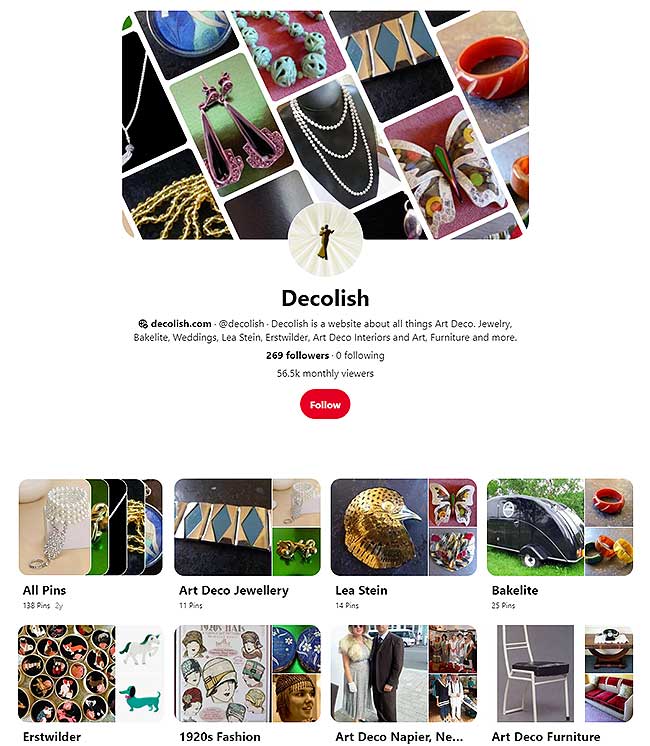
Manually submitting each page to all the search engines is a waste of time. Some experts suggest it may even be harmful.
In summary: quality, keyword-focused content is the most powerful way of getting your website to the top of Google’s search results. Alongside that, make sure your website provides a great user experience, is mobile friendly, and has a strong social media presence to support it.
These are the most important pointers if your aim is to have your website ranking well at Google. Find more tips about how to grow your online business here.
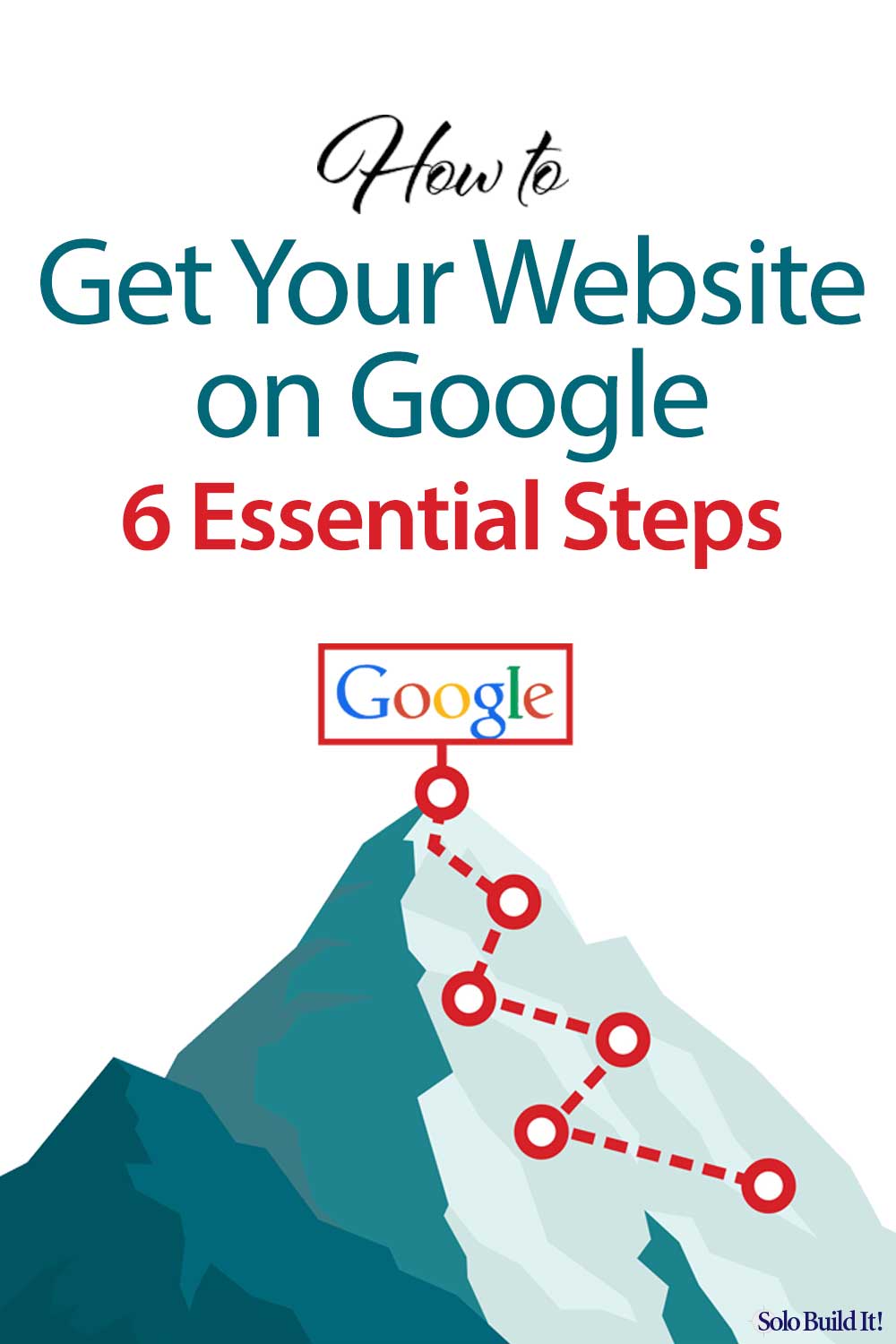
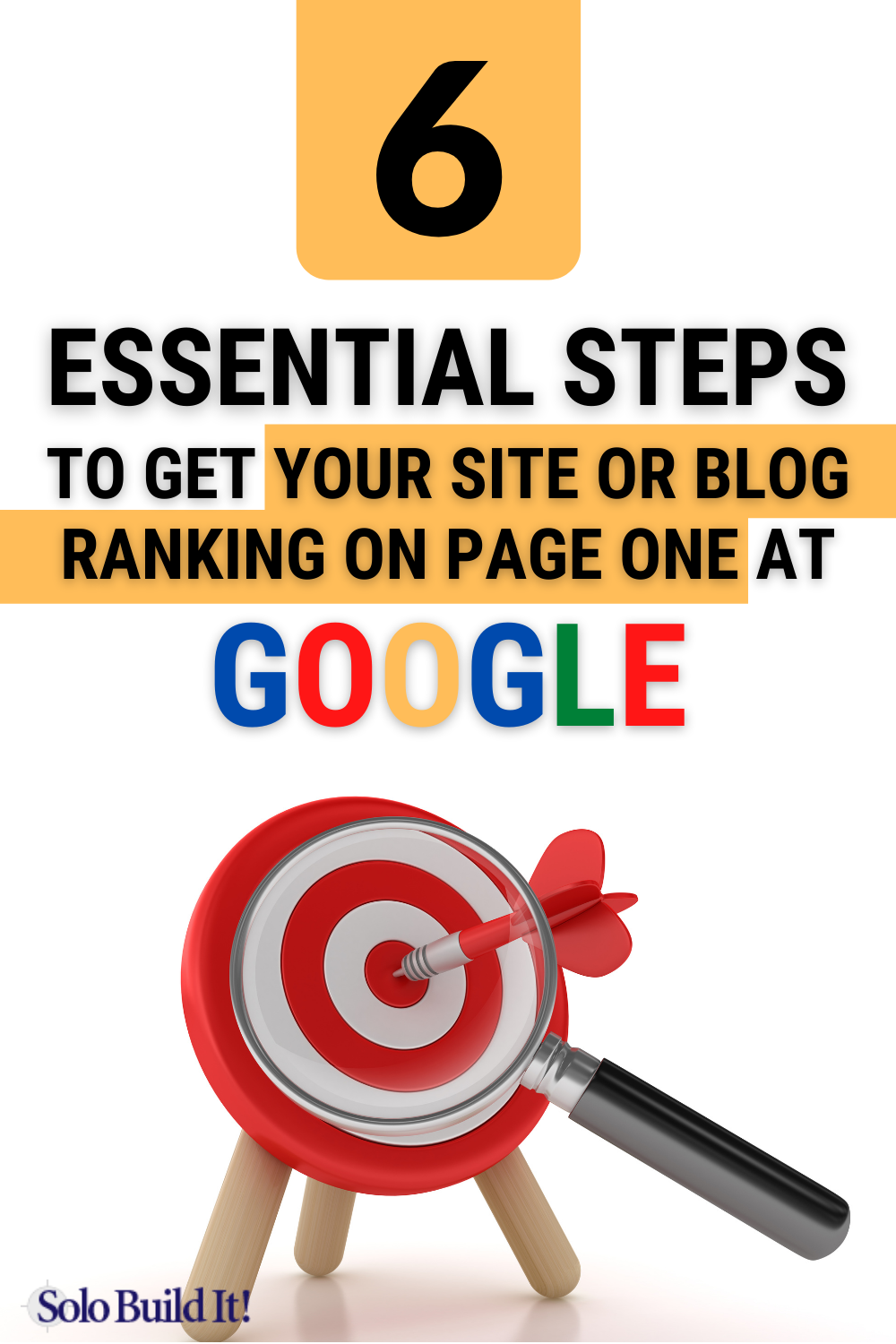
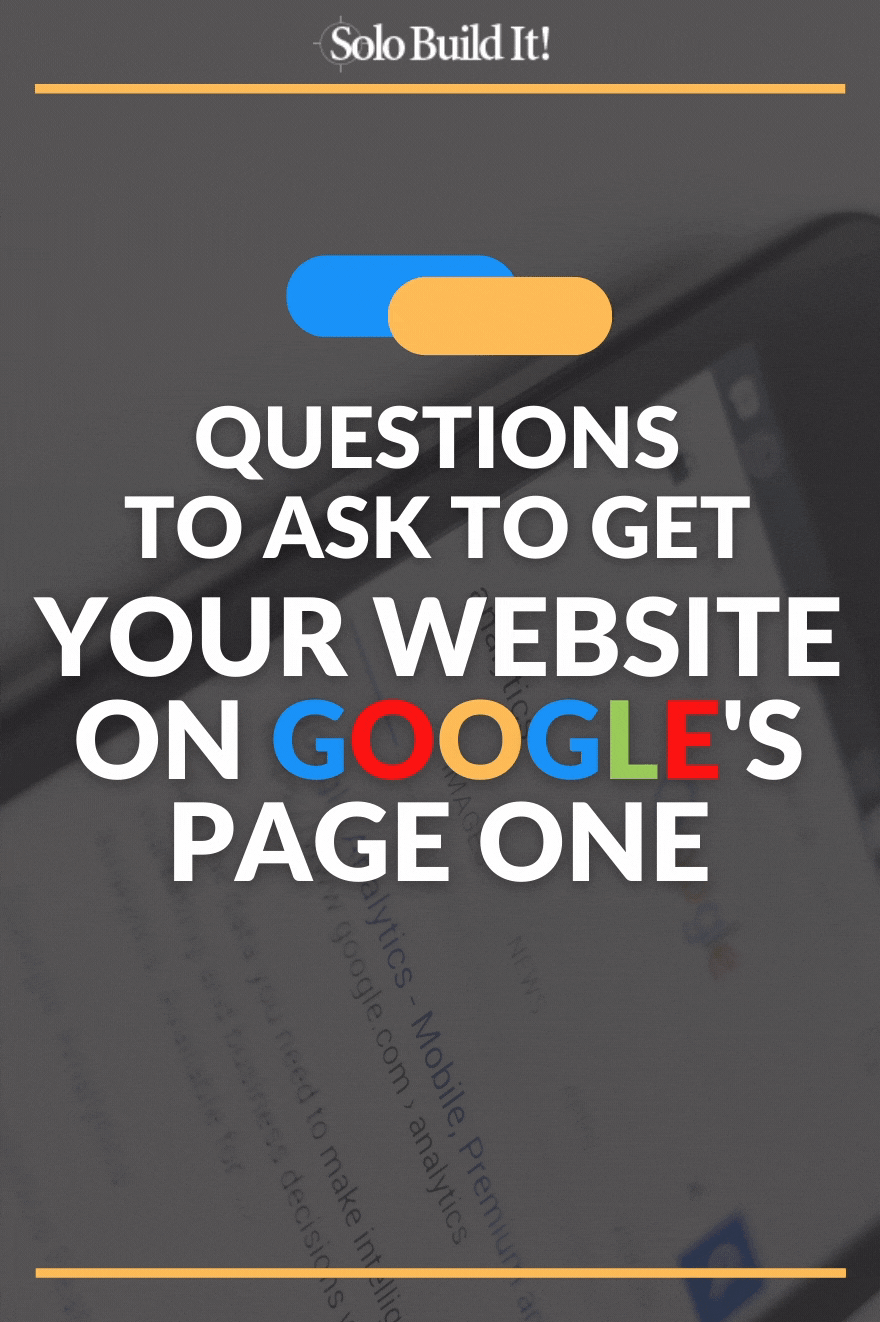
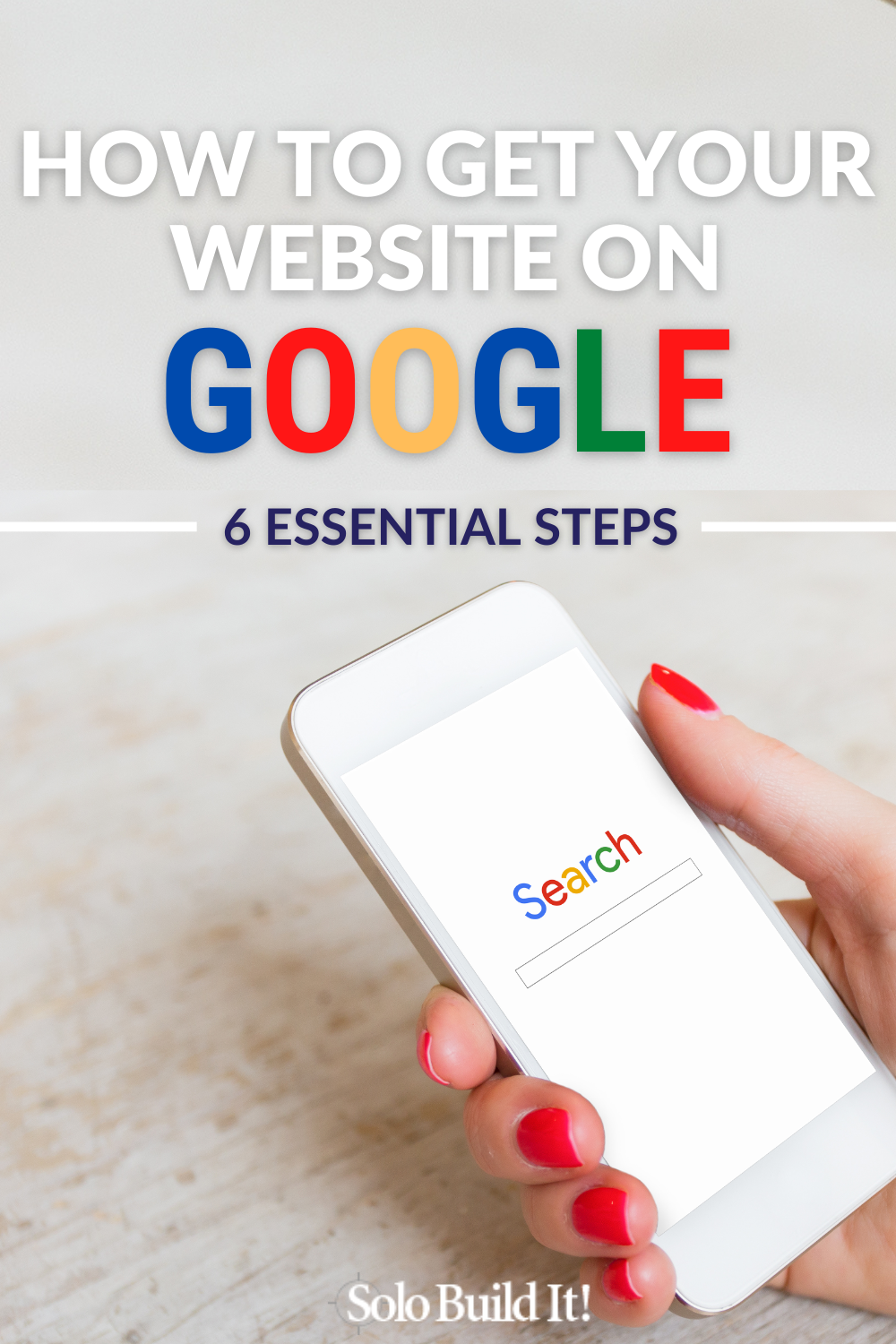
Latest posts by Lesley Postle (see all)
- Pros and Cons of Using Zazzle: A Seller’s Guide to Success - May 23, 2024
- Working From Home With Chronic Illness: 10 Proven Tips - August 25, 2022
- How I Thrived When Forced to Quit My Job Due to Chronic Illness - August 4, 2022


